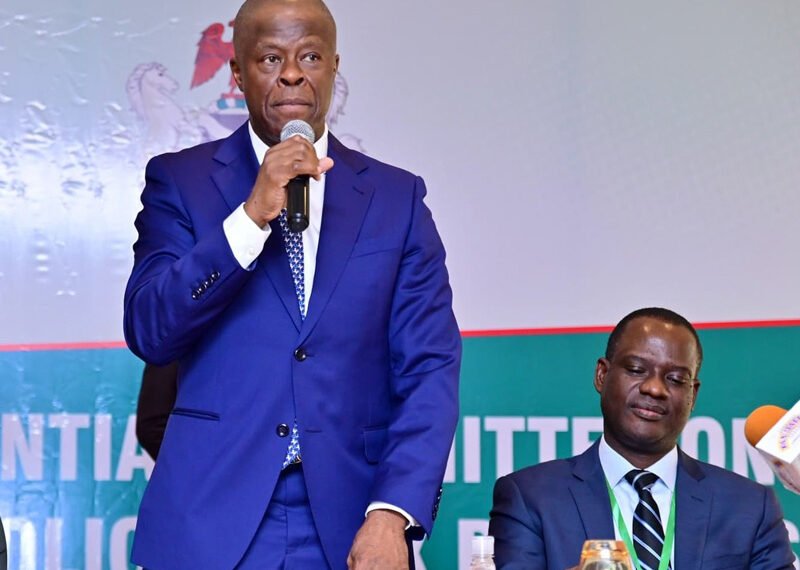The Chairman of the Presidential Committee on Fiscal Policy and Tax Reforms, Mr. Taiwo Oyedele, has said the proposed 5 percent fuel surcharge will not be implemented until the naira strengthens or global crude oil prices drop significantly.
Key Highlights:
- Proposed fuel surcharge aimed at funding road repairs across Nigeria
- Implementation delayed to avoid worsening hardship on citizens
- Reform committee targets elimination of multiple taxes, not creation of new ones
- Small transport firms with turnover under N100m to enjoy tax exemptions
Speaking at the Haulage and Logistics Magazine Conference and Exhibition in Lagos yesterday, Oyedele explained that while the policy is well-intentioned and designed to finance road maintenance nationwide, introducing it now would further burden Nigerians already grappling with economic challenges.
He revealed that the fuel surcharge policy was first introduced under the administration of former President Olusegun Obasanjo to dedicate part of fuel revenues to road repairs with 40 percent allocated to federal roads and 60 percent to states and local governments.
Read Also:
- Tax Reforms 2026: Nigerian government clarifies new rules for diaspora citizens, businesses, investors
- Gov. Fubara vows to pursue pro- people tax policy in revenue generation
- Governors fail to reach consensus on tax reform bills
He disclosed that although the Federal Roads Maintenance Agency (FERMA) had sought approval to collect the levy following fuel subsidy removal, the committee rejected the request.
“We said no introducing such a tax now would be insensitive,” he stated.
According to him, the committee included the surcharge in the draft tax law but introduced a safeguard requiring the Minister of Finance to issue an official order before the policy can take effect.
“For me, the right time will be when the naira appreciates or crude prices fall, so that the surcharge does not increase pump prices,” he added.
Oyedele assured that the ongoing fiscal reforms are structured to ease pressure on the haulage and logistics sector by eliminating multiple taxation, reducing costs, and improving efficiency.
“We are not introducing new taxes; we are removing the numerous duplicated ones that frustrate transporters and inflate prices,” he said.
Under the new framework, small transport and logistics businesses with an annual turnover below N100 million will be exempted from company income tax, while qualified operators will benefit from VAT refunds and targeted incentives.
He emphasized that the reforms are aimed at simplifying Nigeria’s complex tax system and ensuring transparency in revenue collection and distribution across all levels of government.






